
2025 Summer: Virtual Preparation Courses for Private Pesticide Applicators
Each year, thousands of agricultural workers play a vital role in keeping North Carolina’s farms productive and sustainable. At …



El inglés es el idioma de control de esta página. En la medida en que haya algún conflicto entre la traducción al inglés y la traducción, el inglés prevalece.
Al hacer clic en el enlace de traducción se activa un servicio de traducción gratuito para convertir la página al español. Al igual que con cualquier traducción por Internet, la conversión no es sensible al contexto y puede que no traduzca el texto en su significado original. NC State Extension no garantiza la exactitud del texto traducido. Por favor, tenga en cuenta que algunas aplicaciones y/o servicios pueden no funcionar como se espera cuando se traducen.
Inglês é o idioma de controle desta página. Na medida que haja algum conflito entre o texto original em Inglês e a tradução, o Inglês prevalece.
Ao clicar no link de tradução, um serviço gratuito de tradução será ativado para converter a página para o Português. Como em qualquer tradução pela internet, a conversão não é sensivel ao contexto e pode não ocorrer a tradução para o significado orginal. O serviço de Extensão da Carolina do Norte (NC State Extension) não garante a exatidão do texto traduzido. Por favor, observe que algumas funções ou serviços podem não funcionar como esperado após a tradução.
English is the controlling language of this page. To the extent there is any conflict between the English text and the translation, English controls.
Clicking on the translation link activates a free translation service to convert the page to Spanish. As with any Internet translation, the conversion is not context-sensitive and may not translate the text to its original meaning. NC State Extension does not guarantee the accuracy of the translated text. Please note that some applications and/or services may not function as expected when translated.
Collapse ▲
Each year, thousands of agricultural workers play a vital role in keeping North Carolina’s farms productive and sustainable. At …
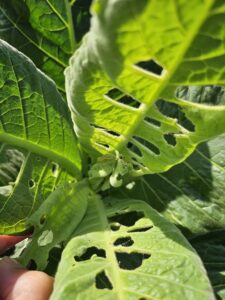
As the end of the tobacco season approaches, we’ve had some reports of grasshoppers, budworms, and hornworms in the …
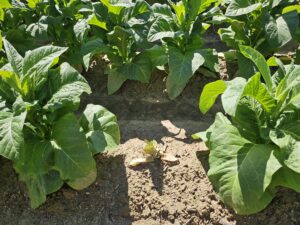
To help growers determine the potential of management practices for TSWV, we have created step-by-step guides on how to …

To help growers determine the potential of management practices for TSWV, we have created step-by-step guides on how to …

To help growers determine the potential of management practices for TSWV, we have created step-by-step guides on how to …

We want to inform you that the Tobacco Thrips Flight and TSWV Intensity Predictor tool is currently experiencing technical …

Blueberries are a popular crop for commercial farmers as well as home gardeners in North Carolina. They are fairly …

Durham County Cooperative Extension is hosting a USDA Resource Outreach regional Meeting on January 28th led by the KKAC …
Tropical storms and hurricanes are unfortunate events that are sometimes experienced by people living in North Carolina. Informed decisions …
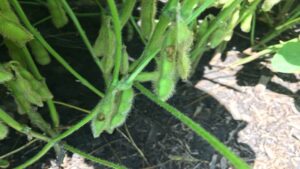
For many years, corn earworm has been the top pest in North Carolina soybeans in terms of cost of …
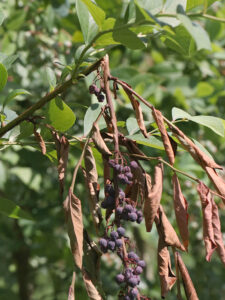
It seems we are finally on the other side of the “cicada invasion” which of course was not an …
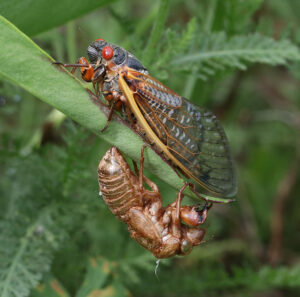
In case you haven’t heard, 2024 marks the emergence of the 13-year periodical cicadas (Magicicada spp.). The 13-year cicadas are known as Brood …
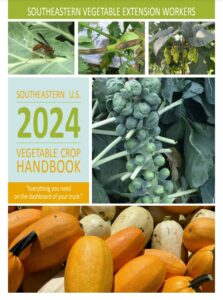
The 2024 Southeastern U.S. Vegetable Crop Handbook can be accessed with the link below. Unfortunately, the updated Handbook will not be …

This is the largest commercial vegetable grower event in the region with a high quality educational program put together …
There will be a round of “Last Chance” Pesticide Continuing Education classes in September. You should have received a …

Abby Pleasant presenting on her research on organic high-oleic sunflower. Photo Credit: Esleyther Henriquez Inoa On July 18th, we hosted …

Registration is now open for the 2023 Organic Commodities Field Day. This in-person event will cover new research on …

You are cordially invited to our Extension Volunteer Appreciation Banquet to be held at Carlee Farms at 6:00 p.m. …

This factsheet describes the biology of the cane lace bug or bamboo lace bug, Leptodictya …
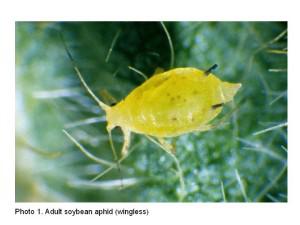
This soybean insect factsheet describes the biology, damage, and control of the soybean aphid, a …

This factsheet describes the biology of the banded sphinx moth or lesser vine sphinx, Eumorpha …

This factsheet describes the biology of the elm-grass root aphid, Tetraneura ulmi, and provides residential …

This publication discusses flying unmanned aerial vehicles (drones, model aircraft) for commercial purposes. You'll learn …
This publication describes the life cycle, scouting and treatment of the balsam twig aphid, a …
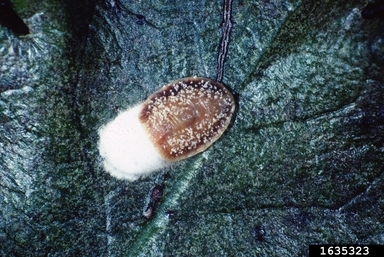
This article will cover two important scale insect pests of blueberries in North Carolina, terrapin …

This vegetable pathology factsheet describes the identification and treatment of anthracnose of pepper.